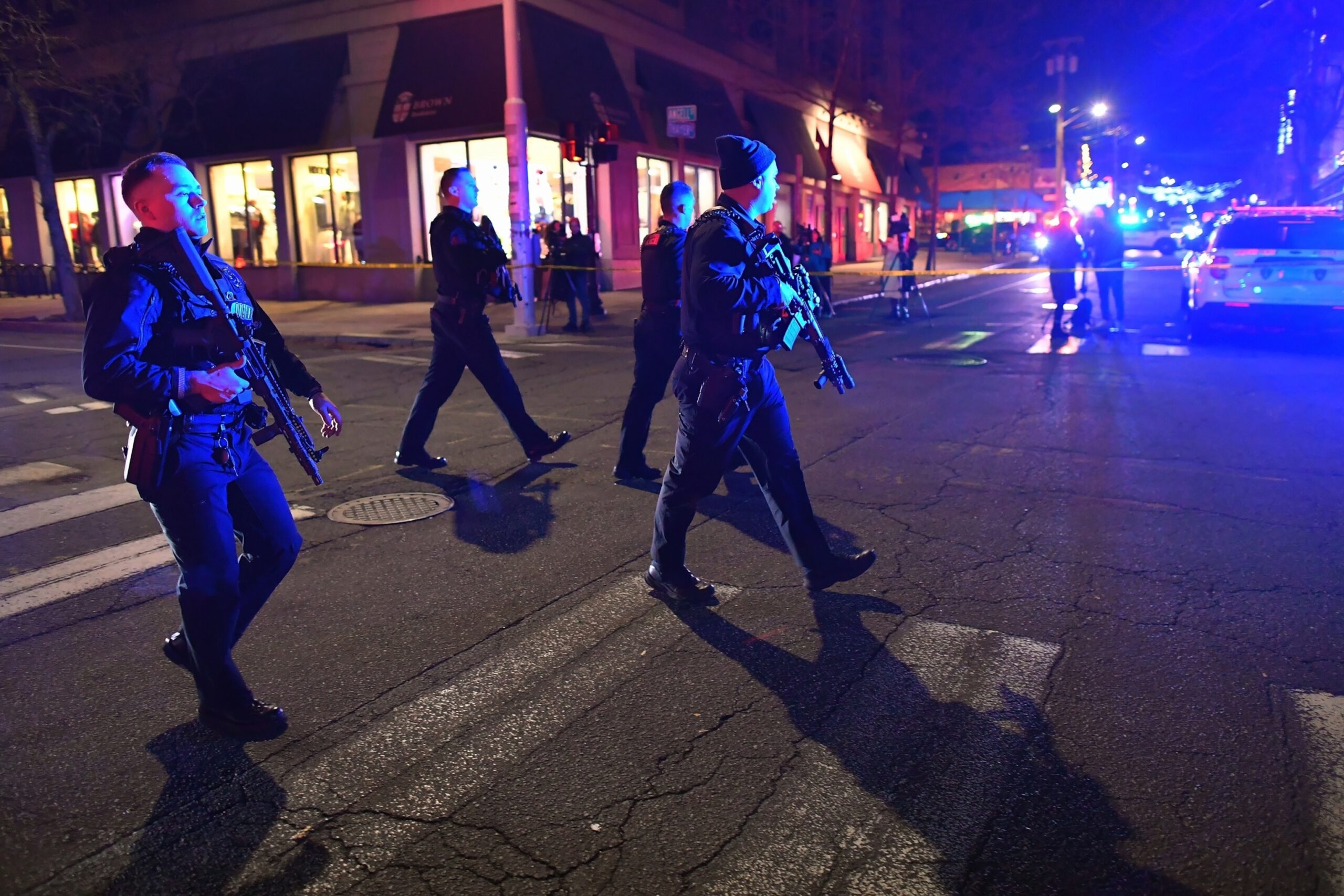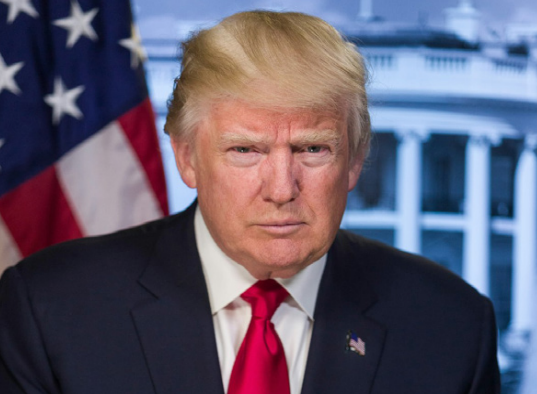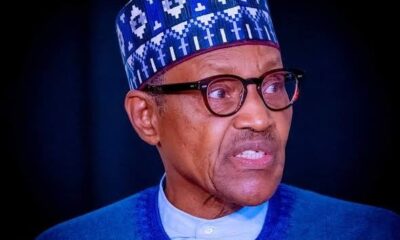News
UK Bans Overseas Recruitment for Social Care in Sweeping Immigration Reform

UK Bans Overseas Recruitment for Social Care in Sweeping Immigration Reform
The UK government has announced an immediate ban on international recruitment for social care roles, part of a sweeping crackdown on what it calls “low-skilled migration.” In a firm declaration, the government stated that “skilled must mean skilled.”
The new measures, outlined in an 82-page Immigration White Paper released Monday, represent the most significant overhaul of Britain’s immigration system in decades.
“We will close social care visas to new overseas applications,” the Home Office announced.
“This route has been exploited and overused in ways that damage public confidence and do not support long-term workforce sustainability.”
According to a statement published on the UK Home Office website, the changes are aimed at overhauling the current system and restoring public trust.
Titled Restoring Control over the Immigration System, the paper sets out a strategy to reduce net migration, which the government says has quadrupled between 2019 and 2023.
—
Immediate End to Care Worker Visas
The ban on new overseas care worker visa applications is effective immediately. Current visa holders already in the UK will be allowed to extend or switch their visas until 2028, during which time the government plans to implement a new domestic workforce strategy.
“The health and social care sector must move away from reliance on low-wage overseas recruitment,” the document stated.
“We will instead support long-term workforce planning and training within the UK.”
—
Redefining ‘Skilled Work’
Central to the reform is a stricter interpretation of what constitutes skilled employment under the points-based immigration system. The government will increase requirements for salary, qualifications, and English proficiency, and eliminate what it describes as “loopholes for low-skilled migration under a skilled label.”
“We are tightening the definition of skilled work — skilled must mean skilled,” the White Paper said. “Work that does not meet the bar will not be eligible for a visa, no matter the sector.”
The paper also confirms the abolition of the Immigration Salary List, which previously allowed employers to recruit below the standard salary threshold.
“We will remove the Immigration Salary List to prevent undercutting of UK wages and to ensure that migration supports, rather than suppresses, the labour market,” it added.
—
Employers Expected to Prioritize UK Workers
Employers will now be required to prove they have attempted to hire domestically before seeking foreign workers—particularly in industries that have historically depended on overseas labour.
“No employer should be allowed to default to migration. We are rebalancing the system to reward training, not reliance,” the Home Office said.
Home Secretary Yvette Cooper described the measures as “a bold, necessary reset.”
“We are acting to bring numbers down and restore control. We must rebuild public trust and end the perception that immigration is a substitute for skills planning,” Cooper said.
The White Paper closes with an unequivocal message: “We will not allow temporary migration routes to become permanent. Our reforms will restore integrity and ensure immigration works for Britain — not the other way round.”
News
Two Dead, Nine Injured in Brown University Shooting

Two Dead, Nine Injured in Brown University Shooting
Two students were killed and nine others injured after a gunman opened fire at Brown University in Providence, Rhode Island, on Saturday, police said.
Authorities have detained a person of interest in his 20s, who is now cooperating with investigators.
The attack occurred around 4:00 p.m. local time (21:00 GMT) at the Holley Engineering Building on the eastern end of the university campus.
Police said the identities of the victims have not yet been released.
Brown University President Christina Paxson confirmed that all those affected, including the deceased, were students.
In a statement on Sunday, Paxson said parts of the campus remained restricted as police continued investigations.
She added that around 2,000 students were relocated to safe locations overnight and expressed gratitude to local residents who opened their homes to students.
Providence Mayor Brett Smiley said seven of the injured students were in stable condition, one was critical, and another had been discharged.
The mayor, who visited victims and their families in hospital, described their courage as “overwhelming” and confirmed that the shelter-in-place order issued earlier had been lifted.
The Federal Bureau of Investigation (FBI) said the suspect was detained at a hotel in Coventry early Sunday morning based on a lead from Providence Police.
Police Chief Oscar Perez confirmed that officers were no longer searching for additional suspects and were working closely with prosecutors to collect evidence.
President Donald Trump, speaking at the White House, expressed sympathy for the families of the two deceased students and wished a speedy recovery for the nine injured.
The shooting brings the number of mass shootings in the United States in 2025 to 389, according to the Gun Violence Archive, which defines mass shootings as incidents with four or more victims killed or injured, not including the attacker.
Authorities are urging the public to remain vigilant as the investigation continues, while a vigil is scheduled for Sunday evening to support the Brown University community.
News
Bondi Beach Attack: 15 Dead, Father-Son Gunmen Behind Shooting

Bondi Beach Attack: 15 Dead, Father-Son Gunmen Behind Shooting
A mass shooting at Bondi Beach on Saturday left 15 people dead, including a child aged 10, during a Hanukkah celebration. Authorities are treating the incident as a terror attack.
Police confirmed the shooters were a 50-year-old father and his 24-year-old son.
The father died at the scene, while the son remains in critical condition.
The 50-year-old was a licensed firearms holder; six guns and two improvised devices were recovered from the site.
Prime Minister Anthony Albanese called the attack “an act of pure evil”, saying it deliberately targeted the Jewish community, and promised full resources to support the investigation and combat antisemitism.
NSW Police Commissioner Mal Lanyon said quick response, informed by last year’s Bondi stabbing, helped save lives.
328 officers have been deployed to protect Sydney’s Jewish community, while two properties in western Sydney were searched overnight.
Among the victims was British-born Rabbi Eli Schlanger. Eyewitnesses described the chaos, with some saying the gunfire felt like it lasted “an eternity.”
Authorities continue to investigate the attack as Australians reel from the tragedy.
News
Trump Reacts as ISIS Kills Three Americans in Syria

Trump Reacts as ISIS Kills Three Americans in Syria
President Donald Trump has pledged a “very serious retaliation” after an ambush in central Syria on Saturday, killing two U.S. service members and one American civilian interpreter, an attack the United States blames on the Islamic State (ISIS) group.
In a statement and social‑media post, Trump described the assault near Palmyra—a region still volatile and not fully controlled by the Syrian government—as “an ISIS attack against the U.S. and Syria.”
He mourned the three victims as “great American patriots” and confirmed that three other U.S. soldiers wounded in the attack are recovering.
Speaking from the White House before departing for a public event, the president said he expected a firm U.S. response, noting that there will be “very serious retaliation” against ISIS and any group that targets American forces.
Trump noted that Syrian President Ahmed al‑Sharaa, whose government has been cooperating with U.S. forces in counter‑terrorism operations, was “extremely angry and disturbed” by the incident.
The ambush occurred as U.S. troops were engaged in a counter‑terrorism mission alongside Syrian partners; the suspected attacker was killed by coalition forces, U.S. Central Command said.
The identities and units of the deceased are being withheld pending family notification.
Defense officials, including Secretary of Defense Pete Hegseth, echoed Trump’s stance, issuing stark warnings that the U.S. will pursue individuals or groups that target Americans.
The U.S. maintains a force of around 900 troops in Syria as part of ongoing operations against ISIS remnants, despite the group’s loss of territorial control years earlier.
The attack is the first fatal incident involving U.S. personnel in Syria since the fall of the Assad regime, highlighting persistent security challenges and raising questions about the future scope of U.S. military engagement in the region.

















